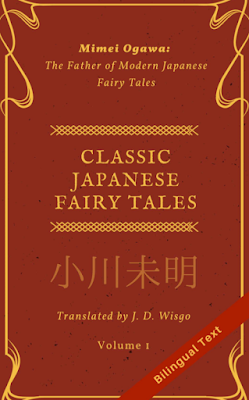"Live Oak, with Moss" by Walt Whitman (illustrated by Brian Selznick)
The naturalness of love in these twelve short poems is in symbiosis with the geography of the natural world as well, making these poems very romantic. But they are enormously sad, save for a few moments, in that this world and his lovers also have the tendency to respond back without passion, as if everything were ambivalent except for the poet himself. There is a yearning here, acknowledging that nothing else matters (not knowledge, nor technology) until love is consummated. Whitman's verses are tender and sweet and painfully echo the drama of a man who cannot reveal his true identity.
These poems were hidden by Whitman. However, he wrote instructions that they be published after his death. In the introduction to this book written by the illustrator, Brian Selznick, we find out that Maurice Sendak was originally asked to illustrate these poems, though he wondered how - he felt that the poems did not need illustrations to go alongside them, that they should stand alone. When Brian Selznick was asked to illustrate after Sendak's death, he remembered this and so drew his work accordingly, not using them as a kind of interpretation or analysis of the work, but rather a little dedication to honor Whitman's words. In this edition of 'Live Oak, with Moss', the first half is all illustration, textures of the tree and field and male body at odd closeups, flames and city and collages of color, all exquisitely rendered as a tribute to the twelve poems that follow in succession.
The afterword is a brief biography of Walt Whitman (he came from poor beginnings) as well as a critical understanding of the importance of 'Live Oak, with Moss' by Karen Karebiener, followed by images of Whitman's actual notebooks containing these poems written in his own hand.
I cherish these poems because they tell me about a love worth living for; that these poems are about men, and their powerful friendships (in the sense of the Ancient Greeks), only heightens my appreciation for this collection as apart from the masses of other publications of poetry.
"Love is desired, is sometimes even won, can be lost; even so, love returns... much remains unknown about our guide, though this is clear: he writes poems convincing himself to stop writing, but he doesn't have to convince himself to start up again. He just does. As ready as he is to relinquish all for a passion-filled life, writing proves too irresistible, too instinctive." - K. Karebiener (158, 162)




Comments
Post a Comment